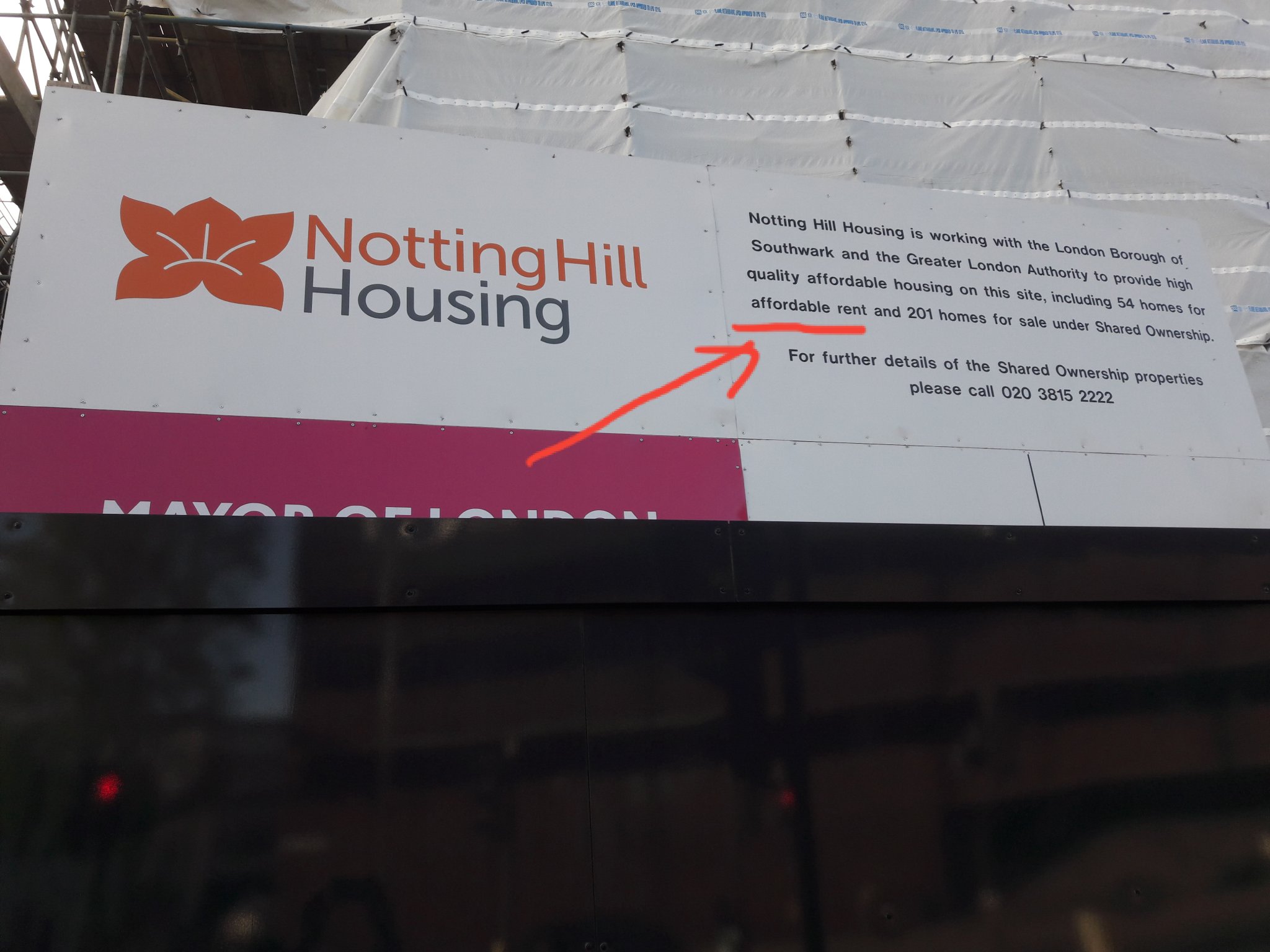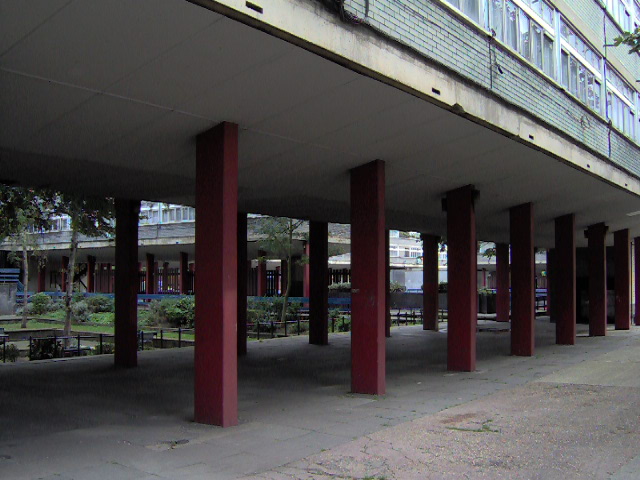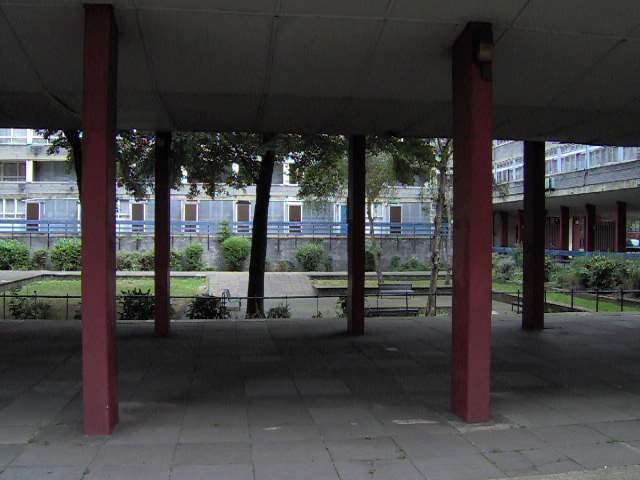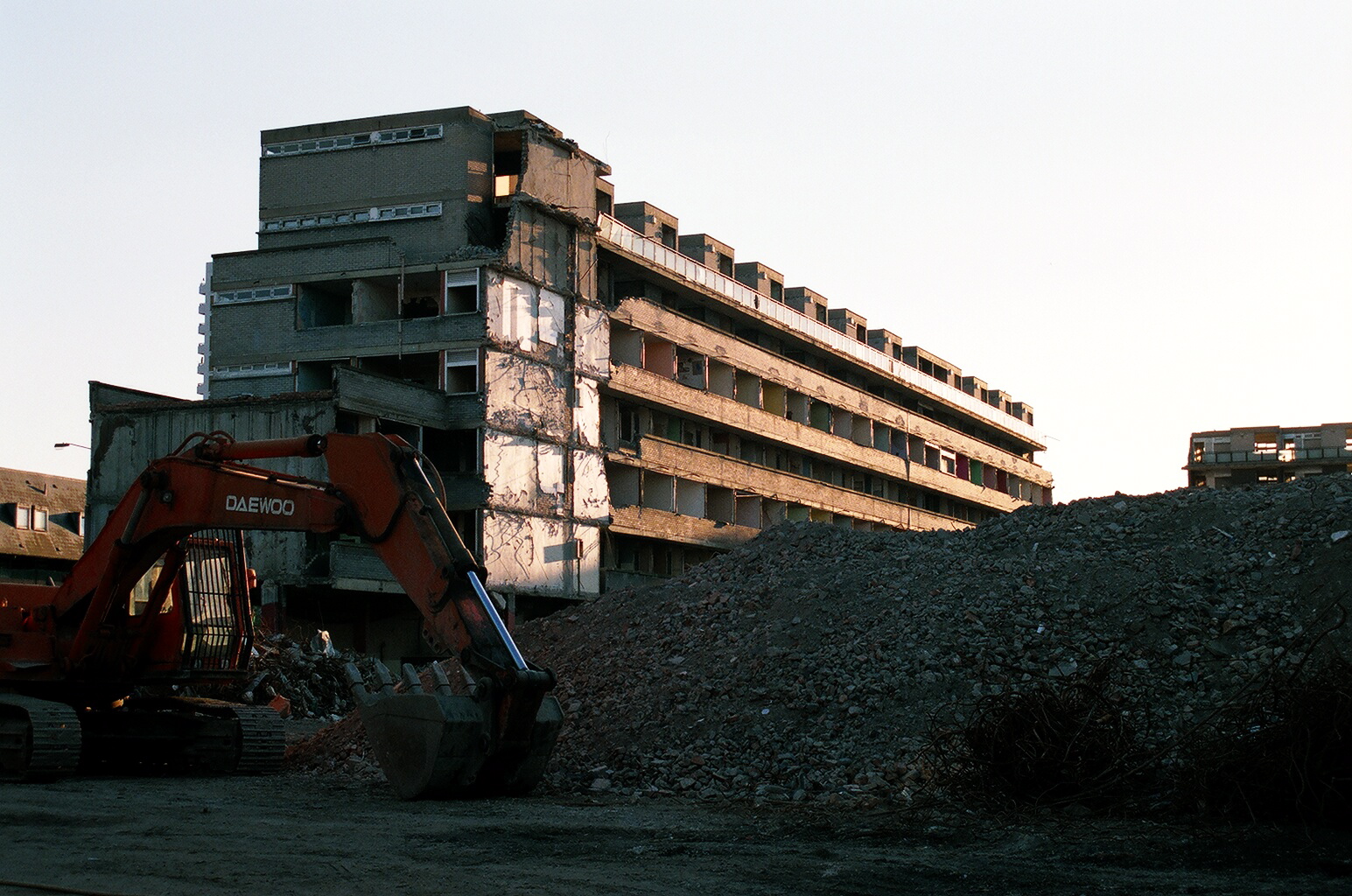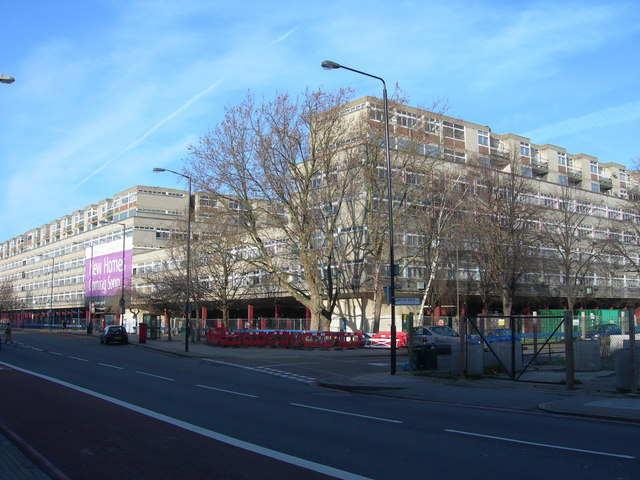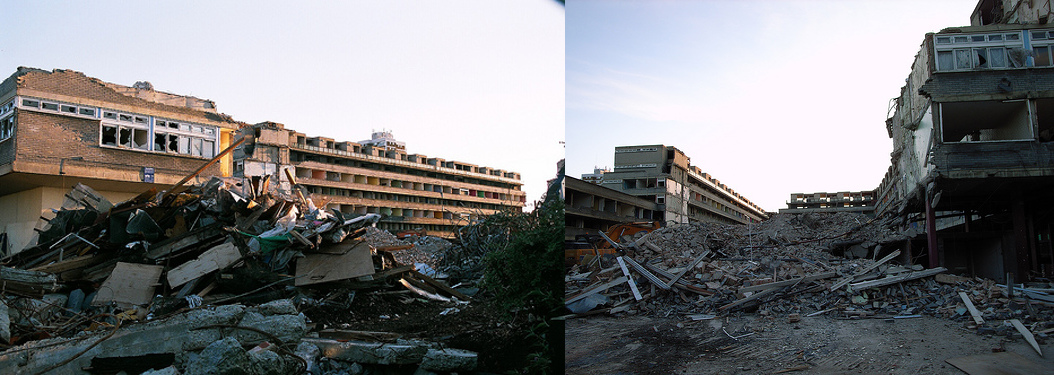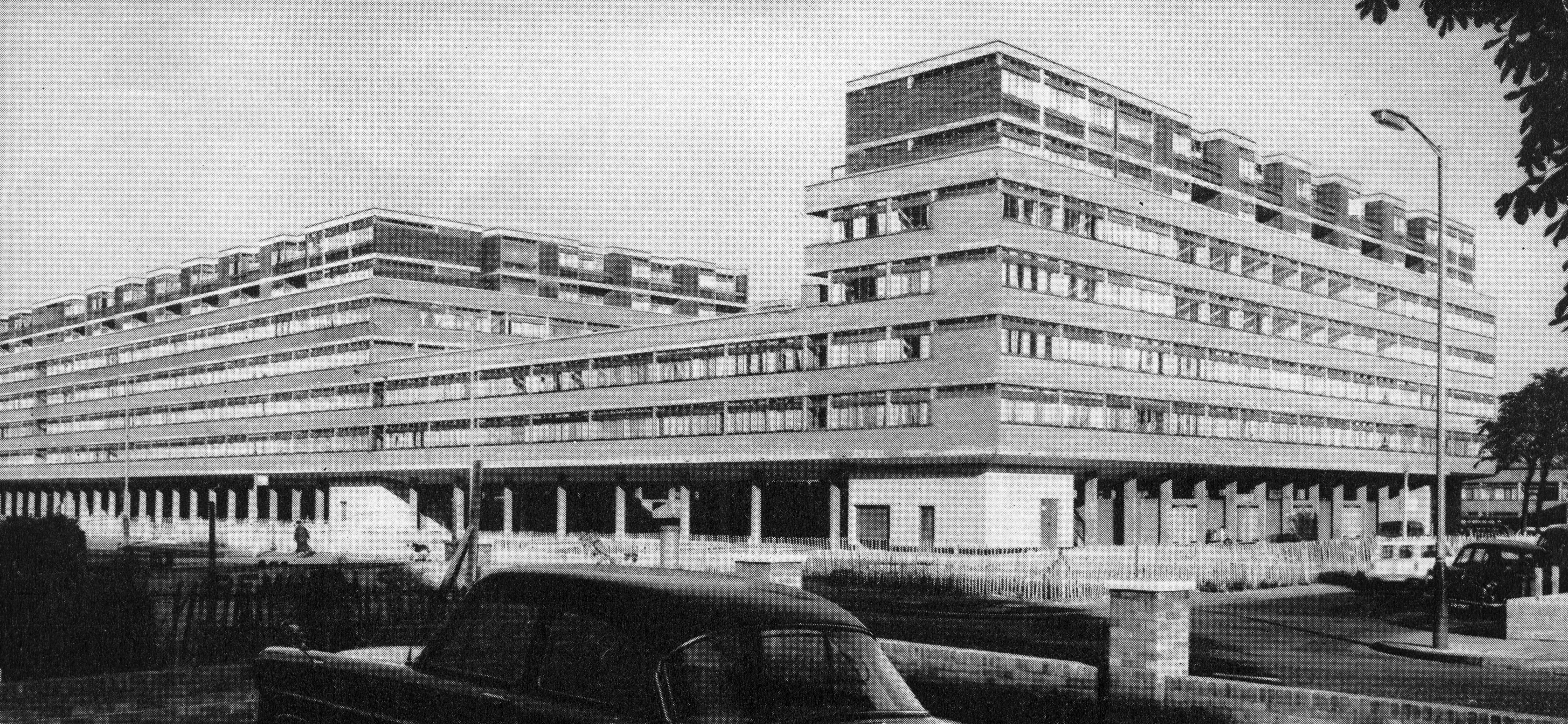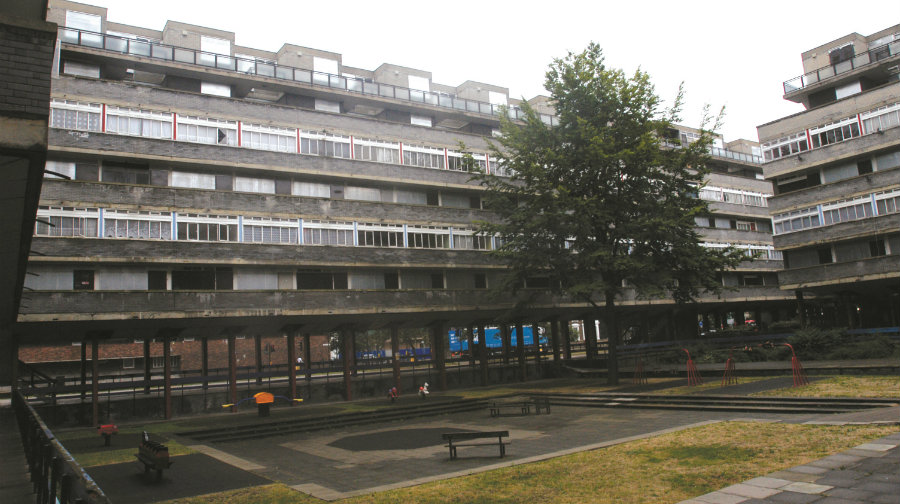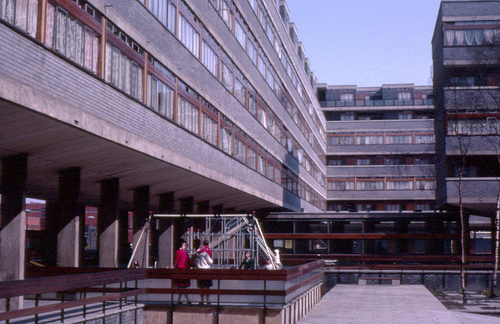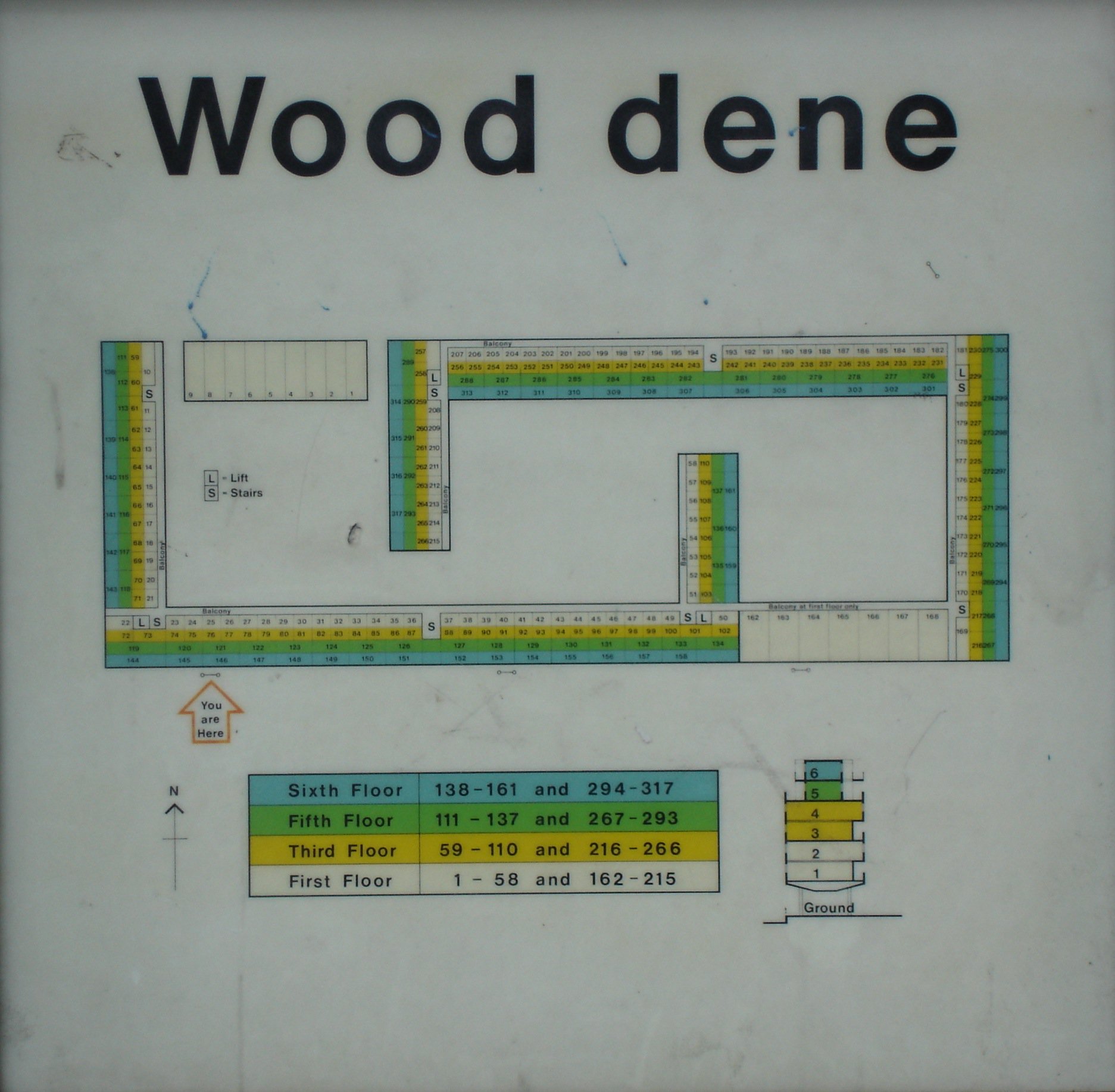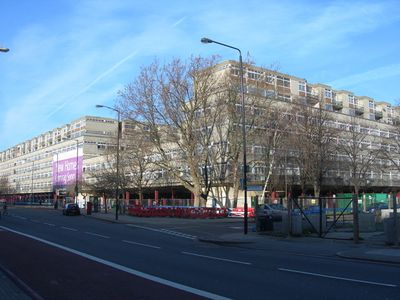
The Wood Dene estate was demolished as part of the 'Southwark Estates Initiative', a regeneration strategy devised by Southwark's Labour administration as part of New Labour's 'Urban Task Force' urban renewal strategy.
This May 2005 council report confirms that 'Presentation' housing association was selected as the council's development partner in early 2002, to take forward the redevelopment of the Wood Dene estate.
The report confirms that there were 16 leaseholders and 5 'live' Right to Buy applications at the time the report was drafted. The estate comprised 323 homes in total.
It also confirmed that (emphasis added):
"It is estimated that the sale of the site will generate £6.9 million net to be recycled into the wider SEI programme, this figure is based on a valuation of the site completed in 1998. The cost of demolishing the block is estimated to cost in the region of £3.4m." (para 11)
"12. In early 2002 the selection of a Housing Association partner to develop the site was undertaken. This exercise was aimed at determining the level of housing that would need to be developed on the site in order to generate the required receipt and also to establish a development programme." (para 12)
" Presentation Housing Association was selected as the preferred RSL partner for the scheme with the precise nature of their role to be determined. Three proposals have been put forward for development of the site, with the preferred option proposing a higher density with the construction of 216 units with an equal split of social housing units and housing for sale as well as retail units with proposed use as a pharmacy and nursery." (para 13)
In December 2005, the Council made a resolution to CPO the leaseholders on the Wood Dene estate - referred to here as the 'Acorn estate' (Wood Dene was part of the Acorn estate).
The CPO resolution said that “Securing vacant possession and onward sale to the RSL will generate a substantial capital sum. The securing of this receipt is essential to the delivery of the Housing Investment Programme.”
In 2009, Council's chosen development partner Presentation Housing Association, was taken over by NHHT.
Planning application documents confirm that the Wood Dene estate comprised 323 council homes within two interlocking blocks, of which 7 were council leaseholders. The estate was demolished in 2007.
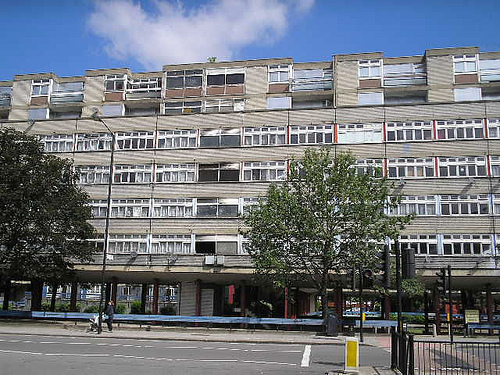
Wood Dene tenants were promised the right to return to the redeveloped estate and paragraph 19 of this council report confirms that 173 tenants intended to exercise this right.

The planning committee report for the consented application, confirms that Notting Hill submitted a viability assessment claiming that provision of 35% affordable housing with a policy compliant split between intermediate and social rent is not viable. The Council accepted this and gave Notting Hill consent to build 333 new homes, of which just 54 will be social rent.
It is therefore difficult to see how the Council's promise of a right to return to the 173 'temporarily' decanted tenants can be honoured.

Despite being approved in 2013, the development is still under construction and estimated to be completed in 2017.
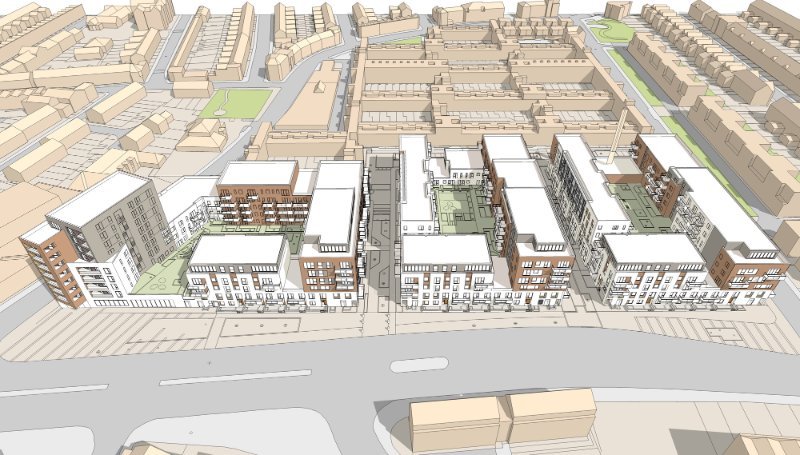
Land Registry deeds show that the Council sold the entire Wood Dene site to Notting Hill for just £7m. The Regeneration Agreement with Notting Hill provides for an 'overage' payment should the development turn out more profitable than expected. However, if Notting Hill's pitiful overage payment for its regeneration of the Silwood estate is anything to go by (£546k), then there is little hope that the Wood Dene is going to provide a windfall.
Paragraph 1.16.6 of the Regneneration Agreement also caps any CIL charges payable to 6,000GBP per unit. Anything over this is deductable from the 7m purchase price.
The Regeneration agreement also enables the counting of kitchens over 11m2 as habitable rooms.
As of April 2019, the scheme is finally reaching completion after a long delay. The hoarding notice on the site says that the measly 54 replacement 'social' homes will be 'affordable rent'. This is unsurprising given that Notting Hill Housing Association pulled the same tenure switch at the Bermondsey Spa regeneration. This substitution of social rent for 'affordable rent' of up to 80% market rent is an ongoing problem in Southwark, which the Council is turning a blind eye to.
